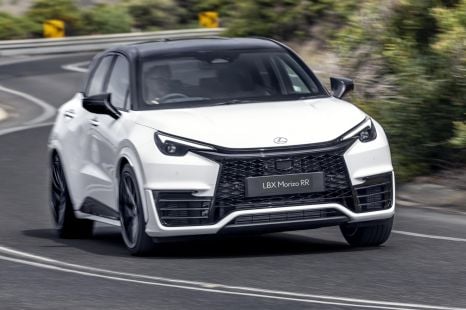

Josh Nevett
8
5 Days Ago
With fuel prices at an all-time high, you'd think the idea of "green" efficient personal transport wouldn't be so controversial.
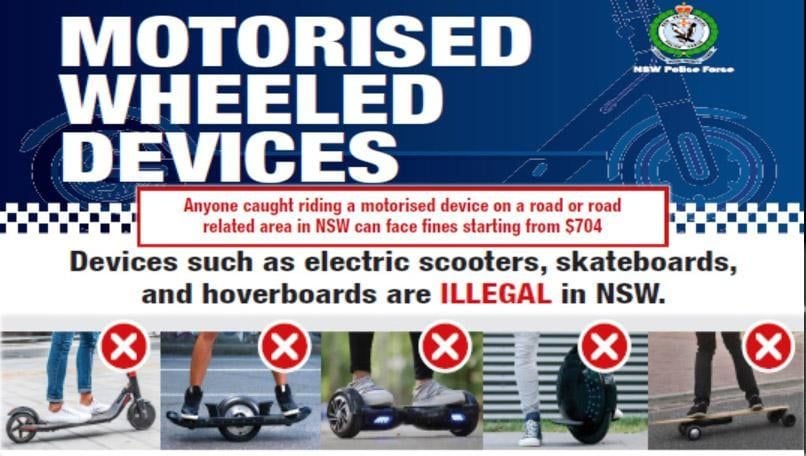
You have undoubtably encountered plenty of electric scooters buzzing around the city, along with so called ‘hoverboards’ primarily ridden by kids in parks. Over the past five years or so, in nearly every country around the world, a multitude of Silicon Valley scooter rental start-ups rolled out various systems that appear to be both popular and polarise public opinion at the same time.
Having seen my first Lime scooter on a trip to Los Angeles back in around 2018, I recall wondering why these didn’t exist in Australia, then literally upon my return to Brisbane a few months later, to my surprise Lime scooters had quite literally launched in my absence, sometime in November 2018.
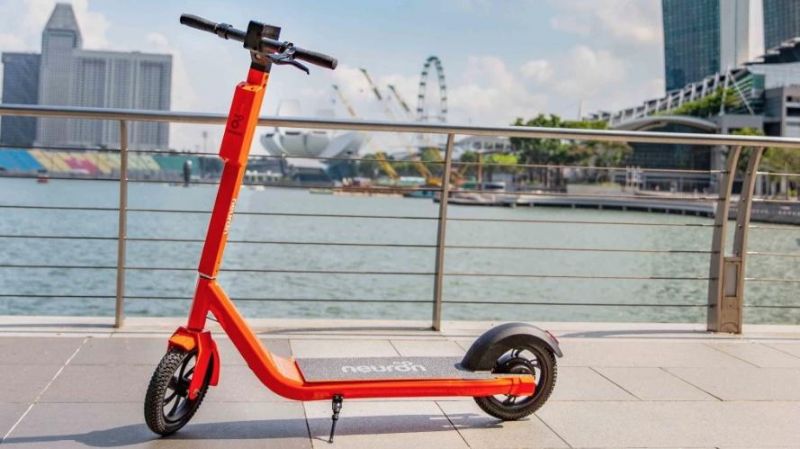
Ever since then, there have been numerous trials, with various companies trying their hand at entering the market to be Australia’s main supplier.
Much like Uber back when it started, e-scooter share schemes first started to roll out without regulatory approval. Eventually most cities and councils have embraced the concept, as long as certain safety concerns and regulations are adhered to.
In Australia, Queensland was the first state to legislate the legal use of scooters in public.
Not all states have been as ‘progressive’ as Queensland though, with the use of the e-scooter still being banned in New South Wales, with the fine for being busted using one exceeding $2,000, depending on the mood of the police on the day. You may receive one or more of the following penalties.
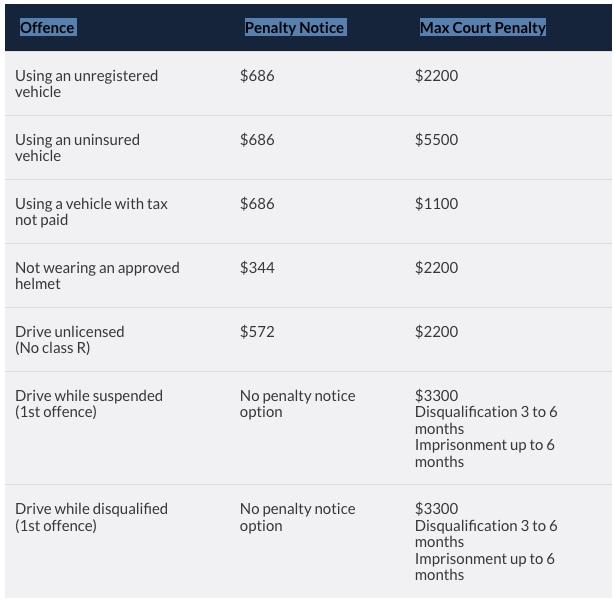
Although I have seen my fair share of near misses and foolish behaviour at the hands of said scooters, I have also often found them to be handy and quite useful and cost effective when needing to go short distances, quite often quicker than bumper to bumper traffic would allow.
At a time where fuel prices are at record highs, and public pressure on the government to actively address environmental concerns, it is quite surprising to find out that NSW, Australia’s most populous state has continued to defer scooter trials.
Since the laws vary so wildly from state to state, here’s a short run down of where and what is and is not legal.
New South Wales:
“Powered foot scooters and skateboards cannot be registered and can only be used on private land.”
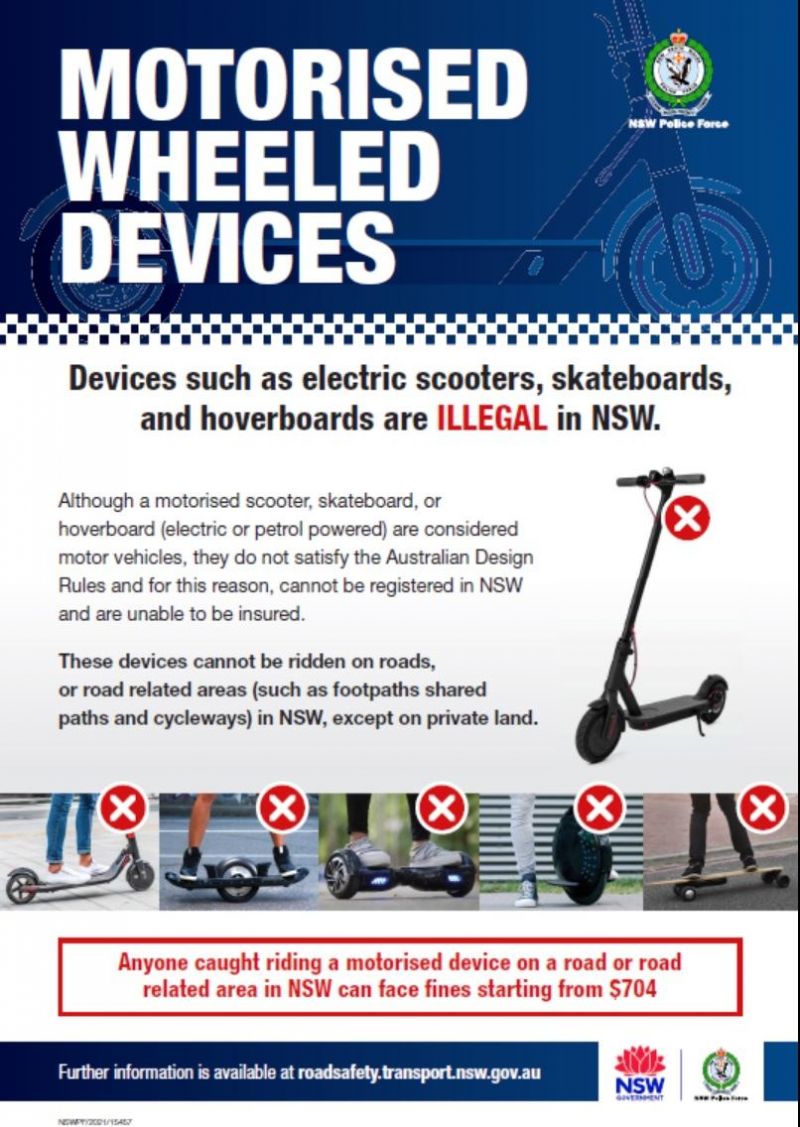
The NSW Road Rule 240(2)(c) specifically prohibits a person from travelling in or on a motorised wheeled recreational device on a road or public place. These include any device apart from approved e-bikes that are wholly or partly assisted by means other than human power.
E-scooters are fine for private property. If caught outside that there are huge fines including vehicle forfeit. Penalties are cumulative for several offences.
Queensland:
Current legislation allows the use of electric scooters in public so long as they are designed for use by a single person only and fit within the prescribed dimensions (set out below).
Must not carry passengers.
Must not have a BAC (blood alcohol concentration) of 0.05.
Must not use a mobile phone whilst riding.
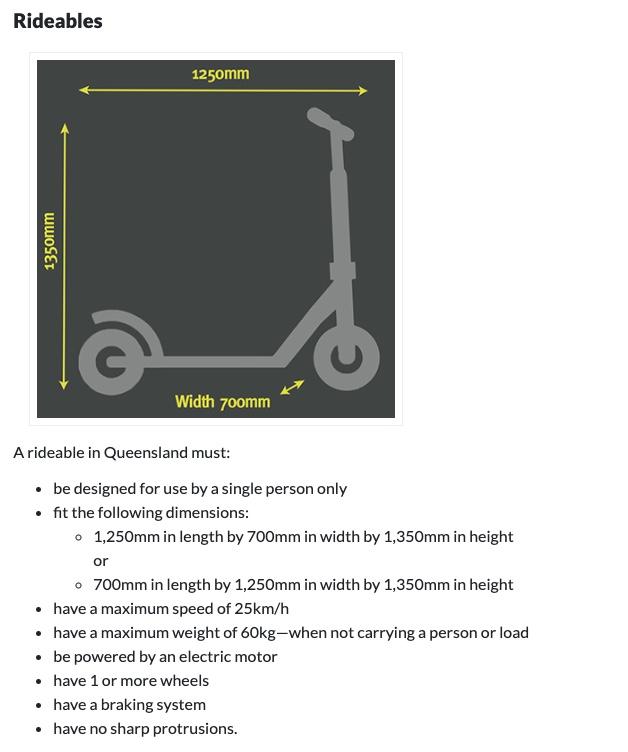
ACT:
ACT, much like QLD have safety protocols in place for safely riding your e-scooter.
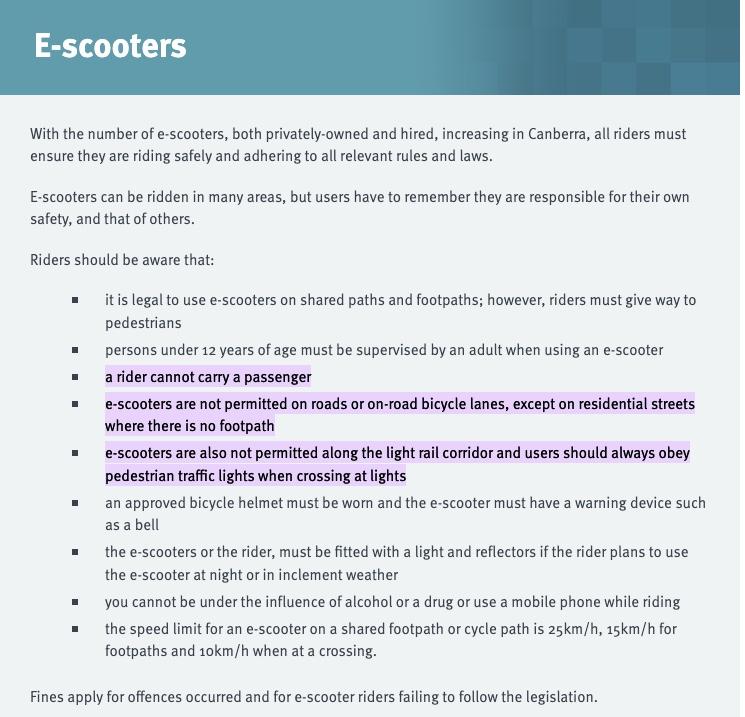
Victoria:
Victoria currently has a very cautious trial underway, which is set to continue until February 2023.
The trial will allow people to hire e-scooters and ride them on bicycle lanes, shared paths and lower speed roads (up to 50km/h).
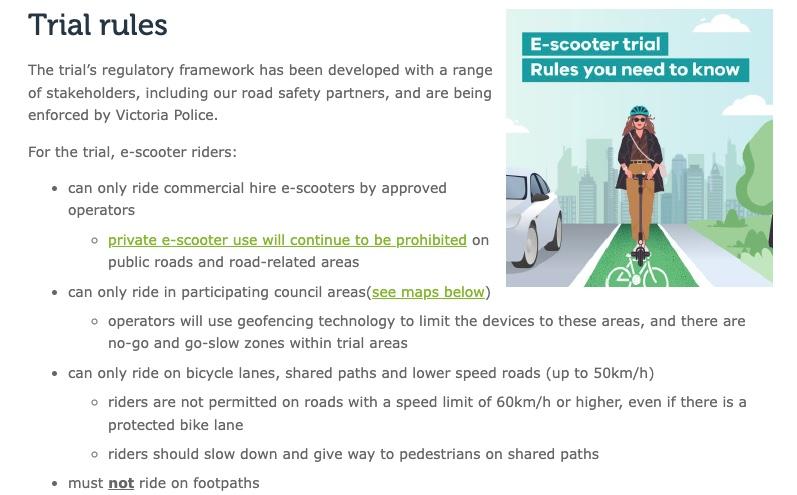
Western Australia:
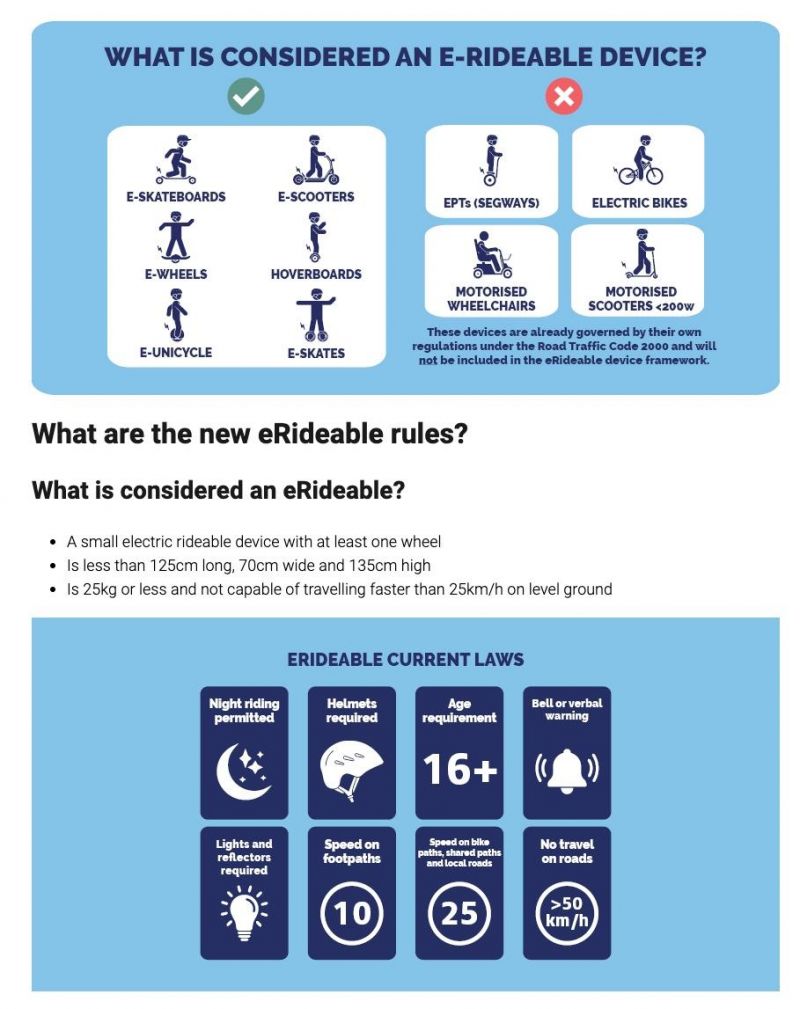
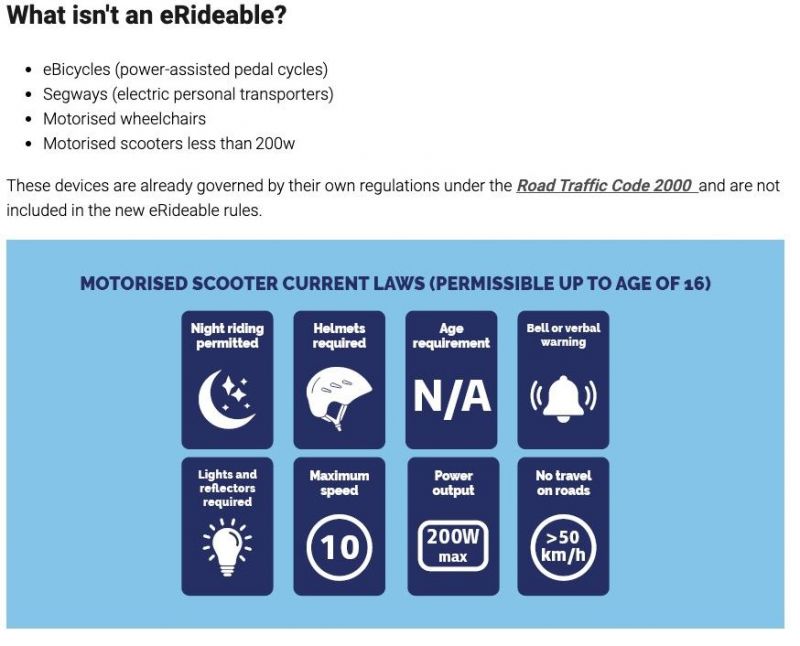
South Australia:
Can I ride a motorised wheeled recreational device on a road, footpath or bike track?
No. These devices cannot be used on roads or road related areas such as foot paths, bike/pedestrian tracks, or vehicle parking areas. Under South Australian legislation, these devices are considered to be motor vehicles. Operating a motor vehicle requires a driver’s licence, registration and compulsory third party insurance. As these devices do not meet the safety standards under the Australian Design Rules they are not eligible for registration.
Where can I ride a motorised wheeled recreational device?
These devices can only be used on private property. Failure to comply could result in fines for driving unregistered and uninsured and in some instances for not holding the appropriate driver’s licence. However in saying the above, it seems SA are starting to change their tune much like NSW mentioned above. They have “invited e-scooters and share bikes back to the city” The City of Adelaide has provided two e-scooter operators with a trial permit and one bike share operator a permit to operate within defined areas of the City and North Adelaide.
The e-scooters, operated in Adelaide by Beam and Neuron, are unlocked using a smartphone app and are fitted with GPS tracking so that users and the operator can easily find them. The only e-scooters allowed to be used in the trial areas are those operating subject to a business permit issued by the relevant local city council. For more information about each trial, please refer to above detail.
Riders must comply with the following:
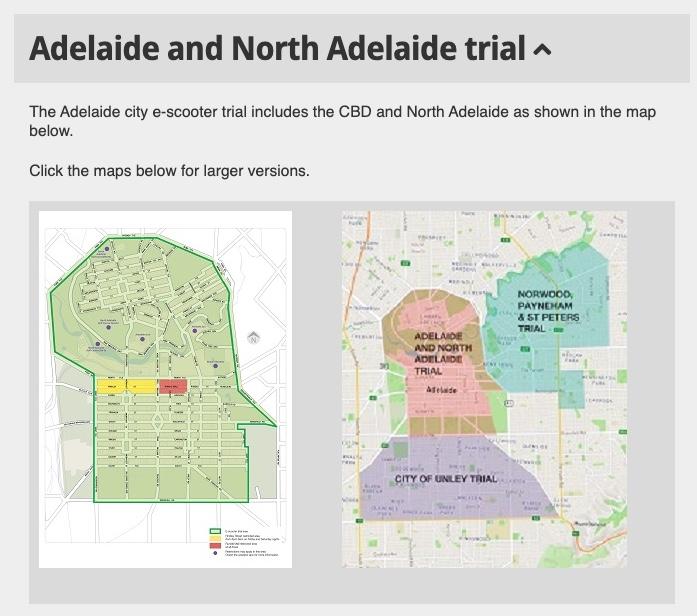
Tasmania:
Electric scooter legislation passes Parliament unanimously: Michael Ferguson, Minister for Infrastructure and Transport.
New rules for personal mobility devices (PMDs) commenced on 1 December 2021 to allow PMDs on footpaths, shared paths, bicycle paths and some roads in Tasmania. By Tasmania’s description a compliant PMD is a small electrically powered device designed to transport one person over short to medium distances.
A device is a PMD if it is electrically powered and:
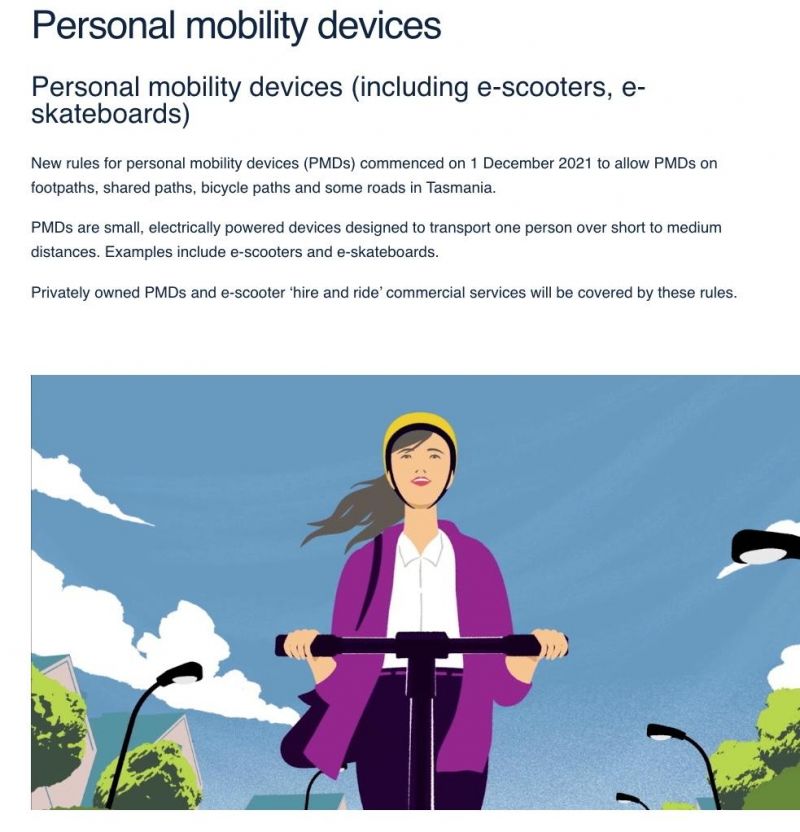
Mark Trueno is a CarExpert Contributor.


Josh Nevett
8
5 Days Ago
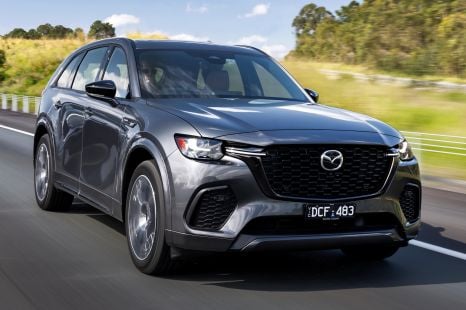

Jack Quick
7.9
4 Days Ago
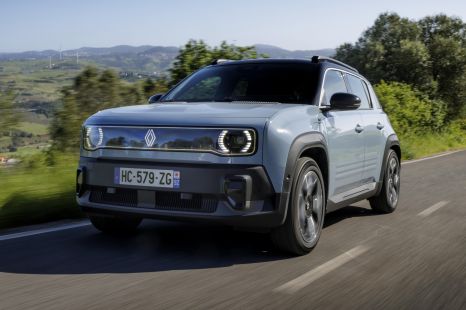

Neil Briscoe
3 Days Ago
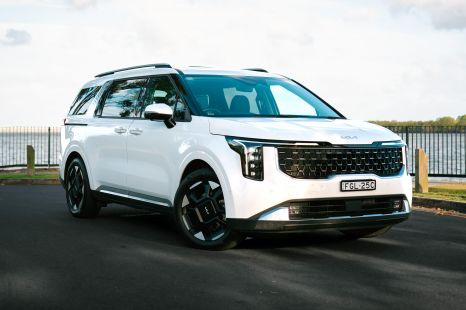

William Stopford
8.5
2 Days Ago
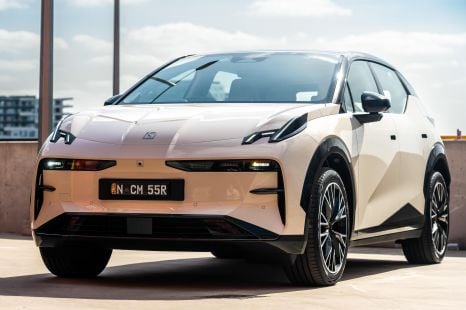

James Wong
7.9
1 Day Ago


Damion Smy
13 Hours Ago